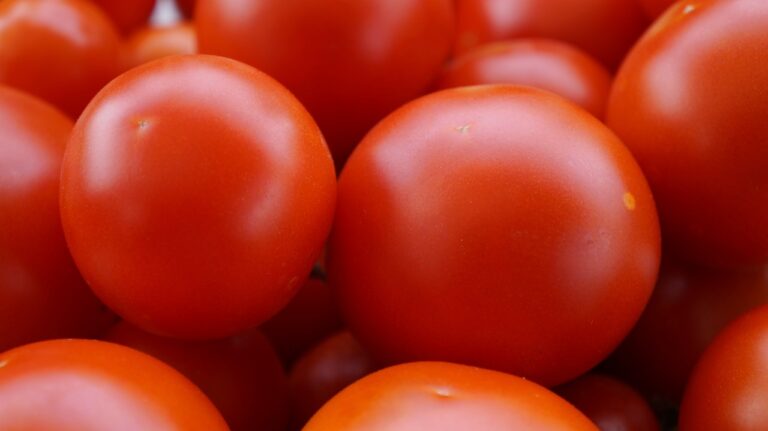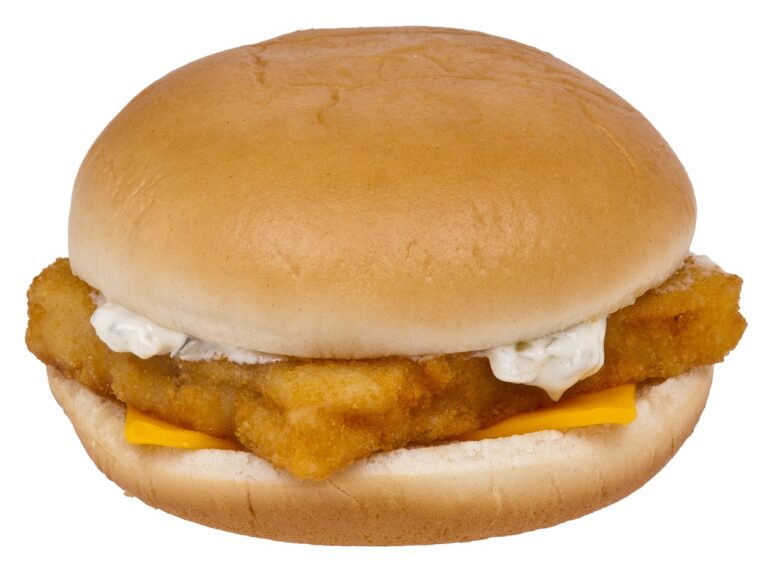The Role of Fiber in Pet Food for Digestive Health and Weight Management: All panel login, Crickbet99, Lotus365
all panel login, crickbet99, Lotus365: The Role of Fiber in Pet Food for Digestive Health and Weight Management
As pet owners, we all want our furry friends to be happy and healthy. One important component of their overall well-being is their digestive health and weight management. And did you know that fiber plays a crucial role in both of these areas? In this article, we will explore the importance of fiber in pet food and how it can help support your pet’s digestive health and weight management.
What is Fiber?
Fiber is a type of carbohydrate that our pets, just like us, cannot digest. However, it plays a vital role in their overall health. Fiber comes from plant-based sources such as fruits, vegetables, and grains. There are two main types of fiber: soluble fiber, which dissolves in water, and insoluble fiber, which does not dissolve.
How Does Fiber Support Digestive Health?
Fiber is essential for maintaining a healthy digestive system in pets. It helps to promote regular bowel movements and prevent constipation by adding bulk to their stools. Additionally, fiber can help regulate their digestive system by slowing down the passage of food through the intestines, which can be beneficial for pets with sensitive stomachs or digestive issues.
Furthermore, fiber can also support the growth of beneficial bacteria in the gut, known as probiotics, which play a crucial role in maintaining a healthy gut microbiome. A balanced gut microbiome is essential for proper digestion and nutrient absorption, as well as overall immune function.
How Does Fiber Help with Weight Management?
Fiber is also a valuable tool for maintaining a healthy weight in pets. Foods that are high in fiber can help pets feel full and satisfied, which can prevent them from overeating and consuming excess calories. This can be particularly beneficial for pets that are prone to obesity or weight gain.
Additionally, fiber-rich foods tend to have a lower energy density, meaning they provide fewer calories per gram. This can help pets maintain a healthy weight without feeling deprived or hungry. By incorporating fiber into their diet, you can help your pet achieve and maintain a healthy body weight.
What to Look for in Fiber-Rich Pet Food
When selecting a pet food for your furry friend, it is essential to look for products that contain high-quality sources of fiber. Some common sources of fiber in pet food include:
– Fruits and vegetables: These can provide a natural source of fiber and essential nutrients for your pet.
– Whole grains: Whole grains such as brown rice, barley, and oats can be a good source of fiber for your pet.
– Legumes: Legumes like lentils, chickpeas, and peas can also contribute to the fiber content of pet food.
It is essential to choose a pet food that provides a balanced and complete diet, including adequate levels of fiber. Be sure to check the label for the fiber content and select a product that meets your pet’s specific dietary needs.
Incorporating Fiber into Your Pet’s Diet
If you are looking to increase the fiber content in your pet’s diet, there are several ways to do so. You can choose a high-fiber pet food or add fiber-rich ingredients to their current diet. Some options include adding canned pumpkin, cooked sweet potatoes, or green beans to their meals. Be sure to introduce new foods gradually to avoid digestive upset.
FAQs
Q: How much fiber should my pet consume each day?
A: The amount of fiber your pet needs can vary depending on their age, size, and breed. It is best to consult with your veterinarian to determine the appropriate amount of fiber for your pet’s individual needs.
Q: Can pets have too much fiber in their diet?
A: While fiber is essential for digestive health, consuming too much fiber can lead to gastrointestinal issues such as bloating, gas, or diarrhea. It is crucial to provide a balanced diet that includes an appropriate amount of fiber for your pet.
Q: Are there any benefits to supplementing my pet’s diet with additional fiber?
A: In some cases, such as pets with constipation or weight management issues, supplementing with additional fiber may be beneficial. However, it is essential to consult with your veterinarian before making any changes to your pet’s diet.
In conclusion, fiber plays a crucial role in supporting your pet’s digestive health and weight management. By incorporating fiber-rich foods into their diet, you can help promote a healthy digestive system, maintain a healthy weight, and support their overall well-being. Be sure to choose high-quality pet foods that contain adequate levels of fiber and consult with your veterinarian to determine the best diet for your furry friend.







